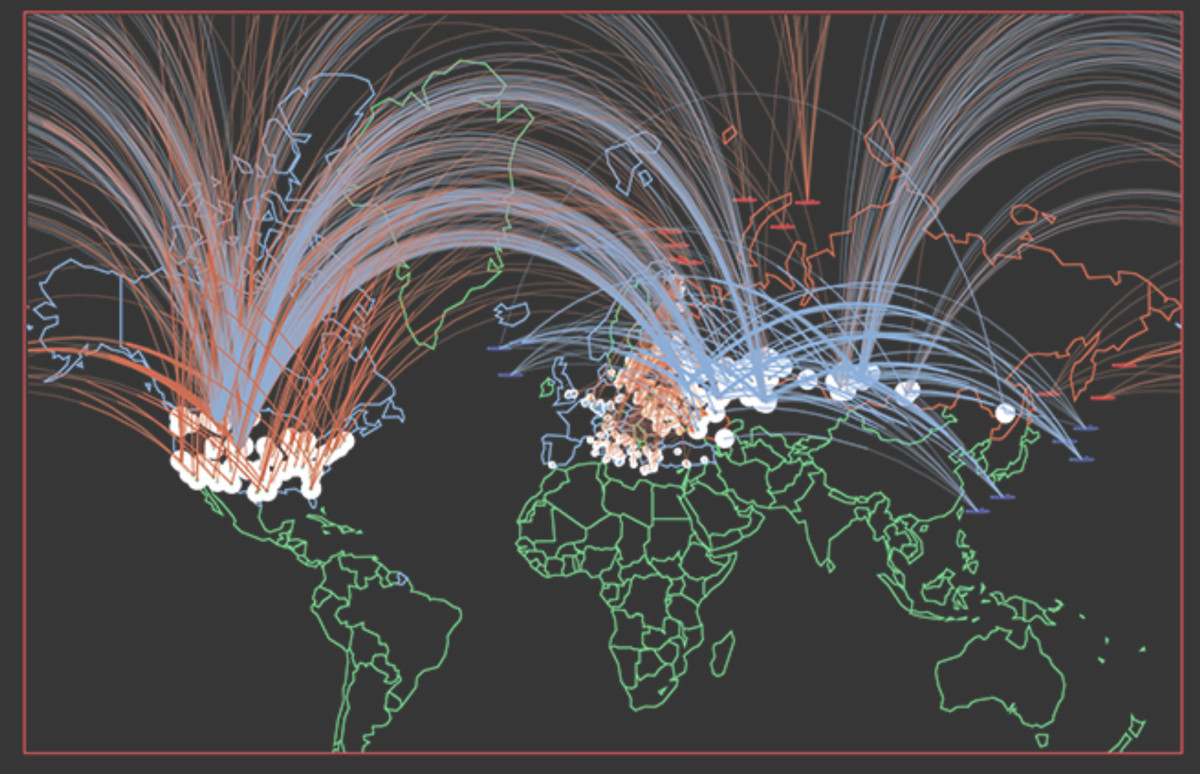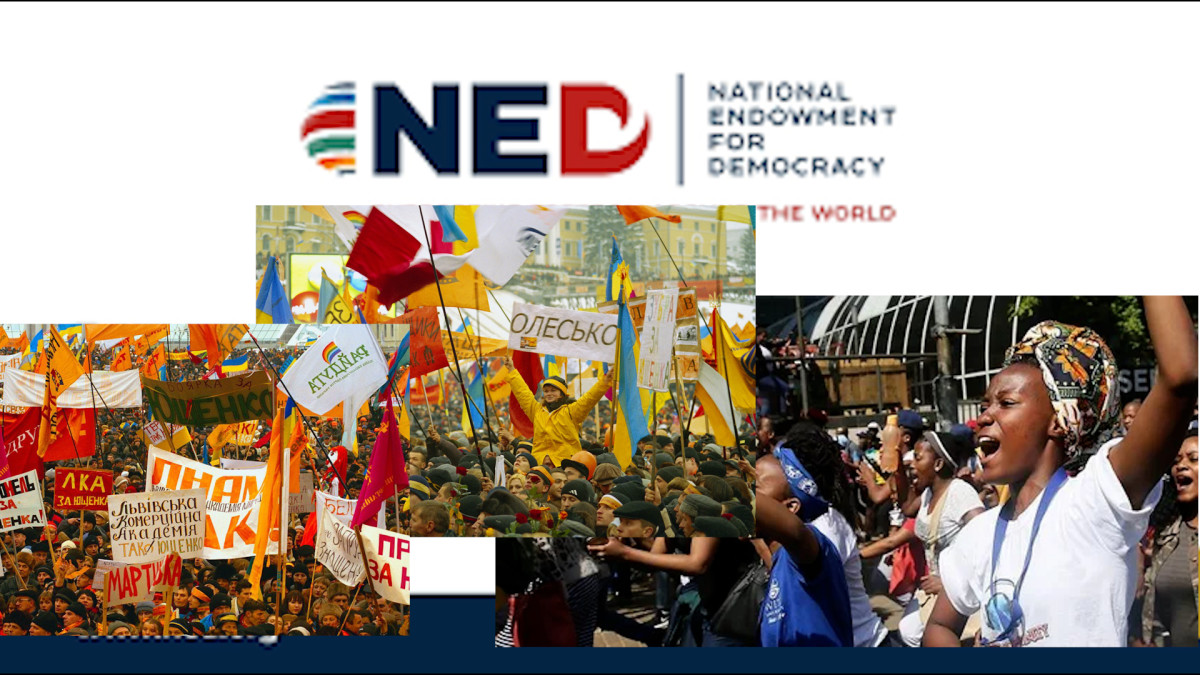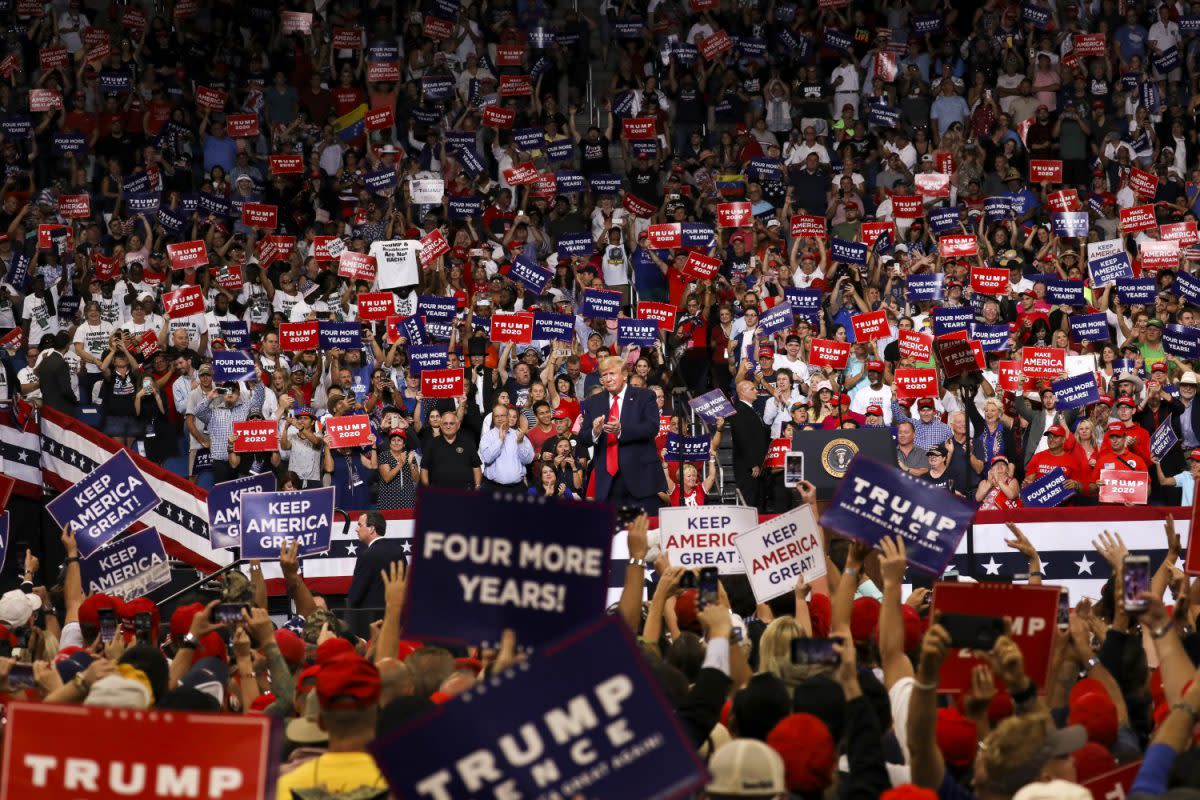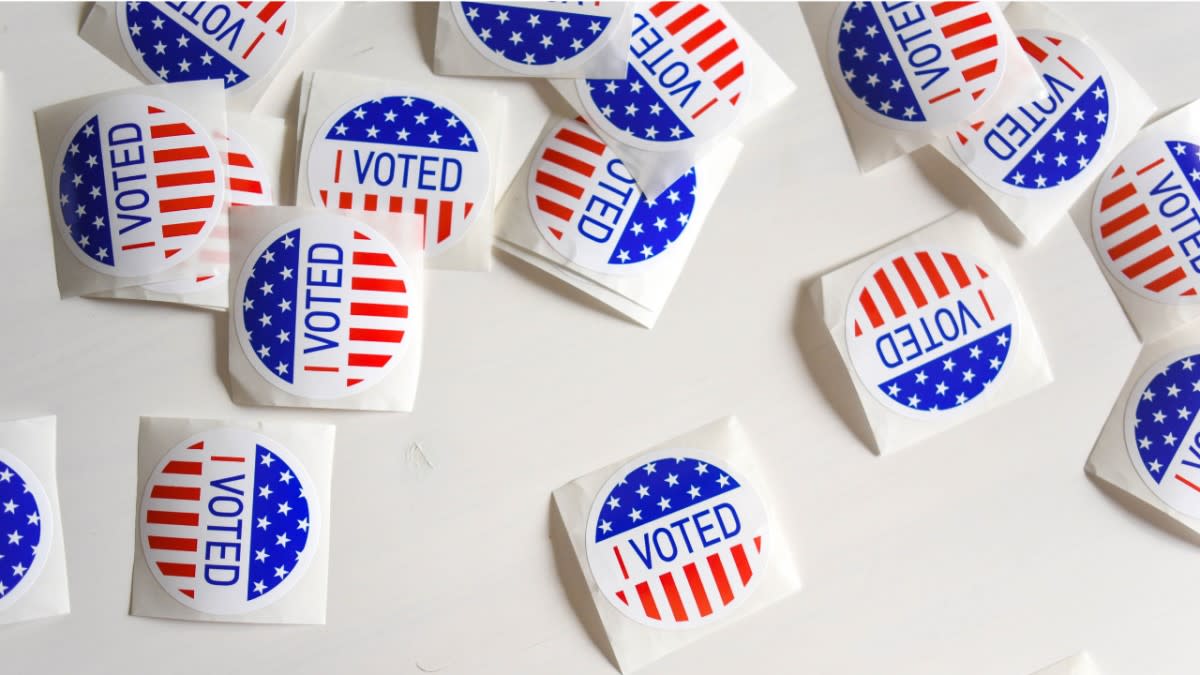A New, True, Democracy
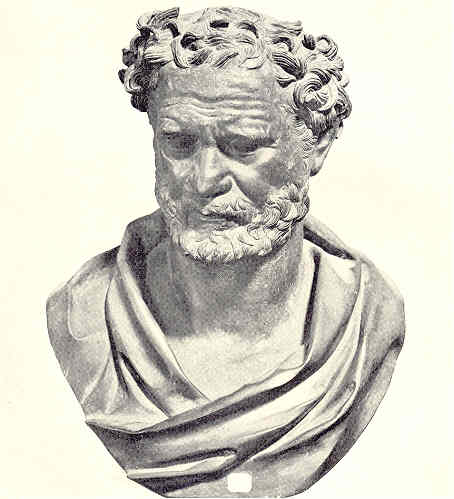
A new, true, democracy.
Churchill once said:” Democracy is the worst form of government, except for all the others”
Majority rule often means mob rule. But it’s hard to get rid of the 51 percent win idea. 51 percent of the people can thwart the will of 49 percent of the people. Hardly fair. If you ask for 75 percent for a win, you have minority rule. 26 percent of the population can then thwart the will of 74 percent of the population. That’s not fair either. But it’s better than having one person decide for everyone, or simply impose their will on everyone.
And then there’s the idea that most voters are less than well informed, and some are not too bright. But again, at least we all have a voice, don’t we?
But to me, the biggest problem is our adversarial party system. It seems that every party disagrees with the other no matter what the other party says, just on principal, not on fact. That’s just wrong. It’s not in the interest of truth or finding the best way to proceed. It’s divisive and causes needless conflict.
And it comes from the fact that every party wants a majority government so they can get their policies out there without real opposition. A minority government means parties have to cooperate if they want to get anything done. But they don’t always work very well.
What we need is a completely different system. But what?
First off, is it true that the majority isn’t well informed and not too bright? Sure. But over the past few years we’ve discovered that there is something very strange about averages.
Have you heard of a game in which the person who guesses the number of jellybeans in the jar wins a prize? Sure you have. But as it turns out most people are way off in either direction. Some are close in either direction. But almost no one guesses right.
The funny thing about this is, test after test shows that if you take the average of all the given guesses it’s almost always within 1 percent of the right answer Perhaps it works similarly with voting? Perhaps everyone not being well informed or really bright doesn’t ultimately matter as much as one might think?
Never the less, it can’t be bad to improve the education of the voter. And the big obstacle to this is voter apathy. Many people feel one government is as good as another, they are all basically the same. All of them lie, all of them do whatever they want, once in office and we can’t do anything about it.
People don’t think their vote counts for anything, and there are many reasons for this, but the main complaint seems to be, no matter who I vote for, once in power they do what they want. Often it just doesn’t seem to matter who wins, no one represents our particular view point all the time. And often we don’t like or trust the leader of any party.
I am a social liberal, and a fiscal conservative. That is to say I advocate as much civil freedom as possible. The more rights we have, the better. I hate a nanny state. But I also like the idea of less government, lower taxes etc. I’m also a bit of a socialist, in that I think energy is an essential service and our resources should be provided at a not for profit cost.
Between the fed and the province we pay 40 percent or more tax on fuel. That’s outrageous in my view. How do you boost your economy? Cheep energy. Electricity costs in Ontario force people to choose between electricity and food. That’s truly outrageous. Tobacco prices are mostly tax, but then to add insult to injury, they tax the tax. And that’s not the only time that happens. That’s criminal. Yet not one party on the federal or provincial side is going to do anything that would lower their take.
Those are some of my pet peeves with Canada’s governments, and everyone has their own about their own countries governments. And sure, we can all get together and make some of these things election issues, but most of the time we don’t. We don’t think we can really make a difference, and even if we organize it can take years to get government on board to change anything.
So how do we get more people involved in voting? How do we make a real democracy?
Why do I say real democracy? Because there has never been a real democracy where the voters actually have the last word on everything. Why? Because it was impossible. This is, in fact, the first time in history we actually can create a real democracy, run by all of us.
Why do we elect representatives? Because government is a full time job and not all of us want to be nor can be In politics. We hire people to do the job for us so we can get on with our lives. That’s the theory. There was no way we could vote on every issue even 40 years ago.
But now we can. Everyone has a cell phone or the internet at home or at the office. Five minutes a week would be more than enough time to log into a secure site, check mark all your preferences and perhaps even comment on how you’d like to see a bill changed. All of us have an opinion, and we’re more than happy to give it if it actually makes a difference. I guarantee many more people would vote if they thought they had a real voice.
But that would take a completely different system. Yet not that much would actually need to be changed. And while I’m talking about Canada, any country could benefit from this.
The role of the government would become bringing issues to our attention, educating us on the issues with real facts from many perspectives , and then coming up with several solutions for us to choose from, including: do nothing. The media would play an important role in this too, obviously..
One thing that would change is: we’d have a far less adversarial party system. We would still vote in a prime minister, and regional representatives that would form government together. But government would not vote on bills, except as individuals with the rest of us.
Note, I’m not even suggesting we get rid of parties, though we could talk about that. I just mean that no party could rule alone. Once an issue was raised by the ruling party or in a private member’s bill, each party would be tasked with giving us their own alternatives to every issue. Perhaps even two for each party. We would decide.
Could be that the Conservatives win on one issue, Liberals on another, and New Democrats on another on the same day, regardless of who the ruling party is or the number of seats they have. It would be much less necessary to be in power in order to get your message/ideology out.
I’d also suggest rules against aggressive campaigning for a parties’ bill alternatives. We don’t want election campaign style dirty fighting for every vote. Just the objective facts.
We may have to vote on the same issue several times over a few weeks, ruling out alternatives till we have one clear winner, or it becomes clear we don’t like any of them, and the government needs to go back to the drawing board, or drop the issue. Again, doing noting or dropping the issue should automatically be options on every ballot. .
In times of emergency, war, or regarding foreign affairs there may not be time to consult the people, or it may not be in the interest of national security. In those cases ruling government would run as it does now.
But after the fact we should have a say in how we thought it went.
Another thing I think is criminal is lobby groups like big pharma or the NRA in the US. No special interest group should be allowed to influence legislation by “donating” money to a particular party or campaign. They would, of course, be allowed to make their case, but in the end if we’re the ones with the final say, influence peddling and corruption would be drastically reduced.
Of course, what keeps it all together is that no party could give us a choice that is unconstitutional, such as something that is against our charter of rights and freedoms. And, though it might take slight modification of our constitution to make this work, the Canadian constitution is one of, if not the, best constitution in the world when it comes to protecting individual and multicultural rights and freedoms. That helps prevent mob rule.
That also means every alternative bill would have to pass a constitutional test before it was presented to us, instead of waiting for costly Supreme Court challenges.
Would we really need a senate? We, the voters, along with a special ruling on the constitutionality of a bill, would be the house of second sober thought. A senate would be redundant in Canada’s case.
I suggest starting this at the municipal level. The mayor and council would present us with their issues and plans for the city, including alternatives. They would solicit our opinions, base their plans on that, and we would decide.
If that works well and we’ve ironed out most of the bugs that will inevitably crop up in a new system, we could move to taking over provincial government, and later: Federal government.
It might take some hard work, but it would give us a real democracy for the first time in history.

